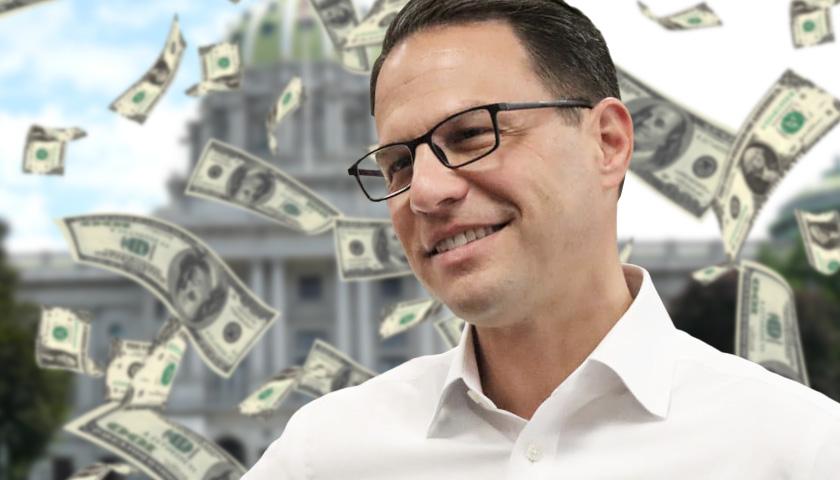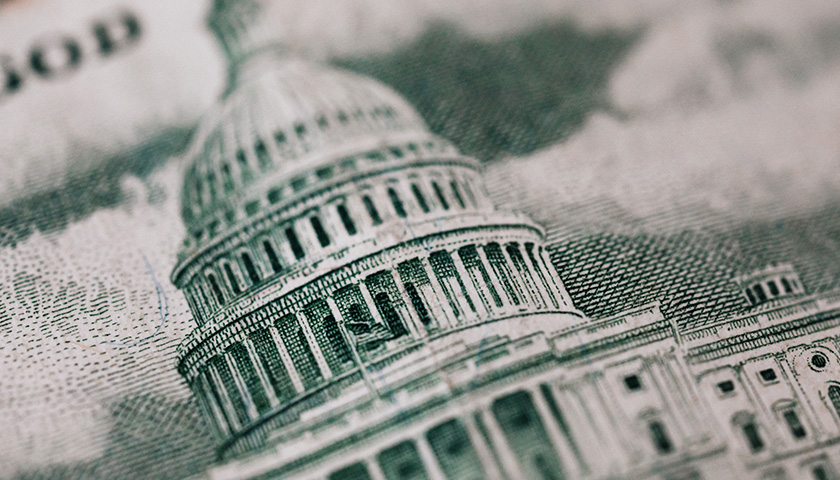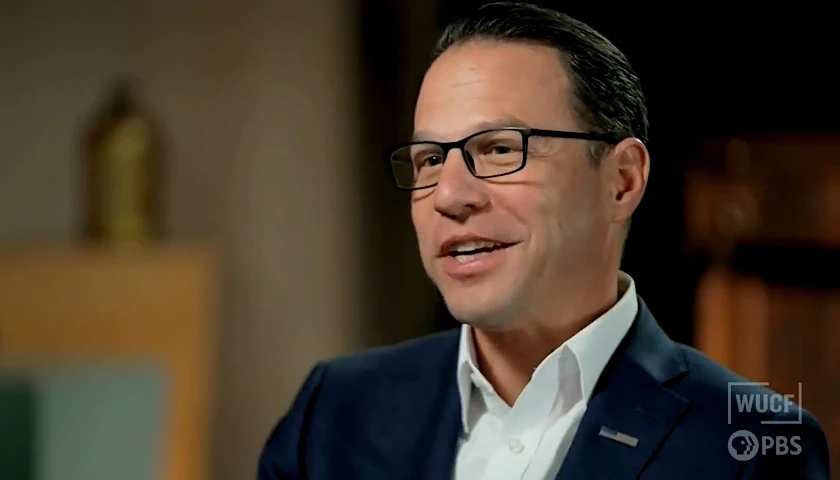Pennsylvania’s official fiscal watchdog this week told state senators that the commonwealth’s Rainy Day Fund contains less money than many experts recommend — and that’s before Democratic Governor Josh Shapiro’s long-term fiscal plan burns through it.
The state Treasury currently keeps $5.7 billion in the Rainy Day Fund to help public institutions endure revenue losses resulting from economic downturns. According to the department’s calculations, current reserves in this account could sustain General Fund expenditures for just under 43 days.
According to Matthew Knittel, director of the nonpartisan Independent Fiscal Office, money held in the Rainy Day Fund will amount to 11.6 percent of commonwealth spending by the end of Fiscal Year 2022-23. Testifying before the Senate Appropriations Committee, Knittel said even the left-leaning analysts at the D.C.-based Tax Policy Center and the Center for Budget and Policy Priorities recommend maintaining state emergency accounts with at least 15 percent of state expenditures.
“I would characterize this as a general consensus that perhaps 15 percent would be a good place to start regarding a Rainy Day Fund as a share of General Fund expenditures,” the economist explained to the lawmakers.
For the next fiscal year, Shapiro has requested that the General Assembly pass a $44.9 billion budget that he said would increase spending by 3.7 percent over present outlays. (Republican legislators calculate that the actual spending figure totals $45.8 billion, a 5.9-percent rise, the difference of which they attribute to accounting gimmickry.) This spending increase would come even as the governor’s analysis forecasts a $2.5 billion deficit by 2027; Republicans warn that deficit could reach as high as $10 billion if revenues don’t flow in at the levels the governor hopes.
Although Shapiro does not plan an immediate drawdown on the Rainy Day Fund, he does anticipate using up much of the fund over the next several budget cycles. Acting Revenue Secretary Pat Browne, a Republican former state senator who lost his 2022 re-election primary, acknowledged that reality when speaking at the Senate panel’s budget hearing.
“The [Shapiro] budget did put some projections down the road and it looks like we’re going to have some significant losses over the years… finally eating away at that $5 billion Rainy Day Fund…,” State Senator Cris Dush (R-Bellefonte) said while questioning Browne.
Dush’s ex-colleague conceded that while the governor doesn’t expect the Rainy Day Fund to diminish next year, it is on track to do so shortly thereafter. He observed that while the commonwealth enjoyed temporary infusions of COVID relief funds from the federal government, the state can no longer rely on such massive federal largesse.
“Senator, that’s a very good point and something we were speaking about in prior conversations together…,” Browne said. “…The expenses that this commonwealth needs to accommodate… put us in a place where the amount of growing expenditures are [sic] not matching the revenue capacity we have. That is really something that we have to deal with collectively. We’re not gonna see the 7.3 percent overall revenue growth we saw over the last three cycles unless, for some reason, something changes dramatically.”
This state of affairs has alarmed some Republican lawmakers who fear tax increases could result from near-term failure to rein in spending.
– – –
Bradley Vasoli is managing editor of The Pennsylvania Daily Star. Follow Brad on Twitter at @BVasoli. Email tips to [email protected].
Photo “Josh Shapiro” by Josh Shapiro. Background Photo “Pennsylvania Capitol” by Ad Meskens. CC BY-SA 3.0.





